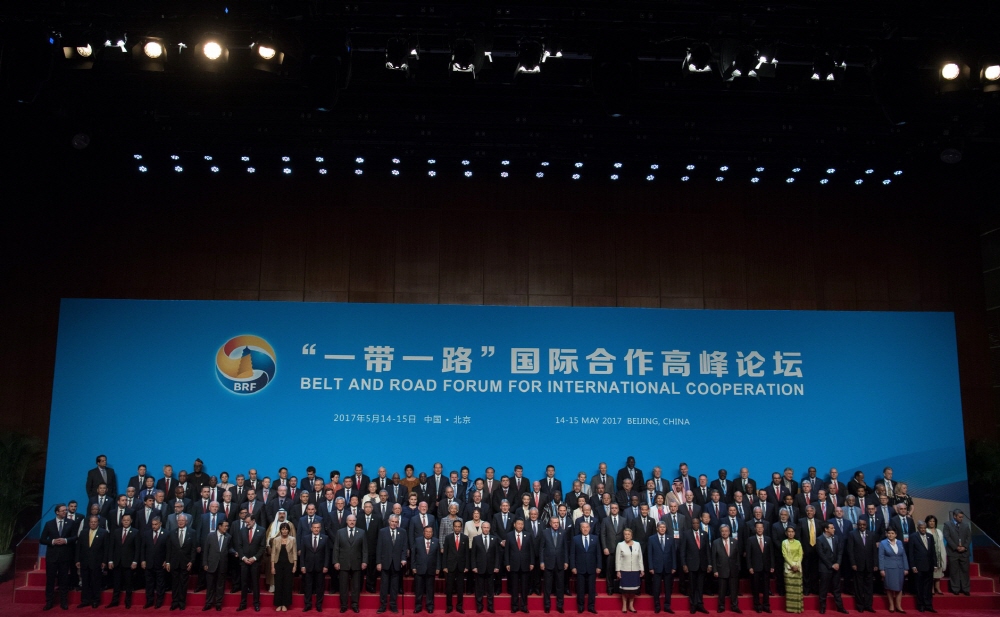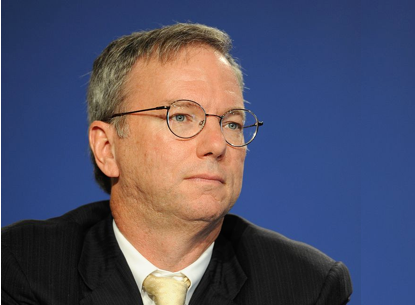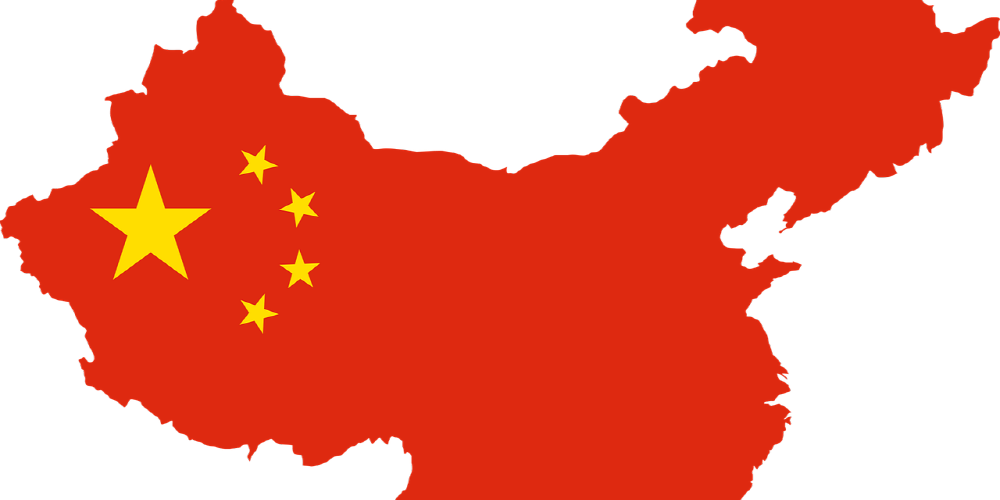
The Internet has been spreading since the 1990s, and in the 2000s it has rapidly changed the life of mankind. One of the companies that represents this change is Google. The word “Googled” is a keyword that represents the 2000s. Eric Schmidt, who now serves as CEO of Google and now the parent of the company’s parent company, is eyeing two more Internet users who will be divided into China and other countries.
He expressed this idea at an unlisted ceremony held by investment company Village Global VC. He said the most likely scenario is that the Internet will not collapse, but rather that it will be split between the Chinese-dominated Internet and the US-led non-Chinese Internet.
The size of China’s assets and the amount of assets it creates are threatening, “he said. It explains that the Internet is a big factor in China’s economic development.
However, he said that if he thought that China is using the Internet well, he would have overlooked the important point and that he should think that China means to be influential in globalization. In the future, the world will see excellent products and services coming from China demonstrate excellent leadership and will be accompanied by the risk of censorship and regulation with these products and services. It is basically predicted that the US will lead to different values from the free Internet.

In fact, in August last year, the Chinese government introduced a regulation to register the bulletin board as a real name system in order to strengthen the Internet censorship. The Cyberspace Administration of China enacted these rules in a bid to promote healthy and orderly development of online communities and to protect national security and the public interest. According to this, in the case of all Internet bulletin boards and platforms providing two-way communication function, the service company or provider obliges the user to check the user ID before publishing and prohibit the users who refuse to register the real name from posting. It is okay to write anonymously on the service, but the service provider will register the real name and all the contents will be understood by the Chinese government through the service provider. Of course, it is possible to take measures such as prohibiting posting depending on what contents are written.
In addition, here, the prohibition on the Internet is to violate the basic principles of the constitution, to undermine national security, to confiscate national secrets, to undermine state power and weaken national unity, to hurt national honor and interests, I spread national religions, religions and superstitions, ridiculing or confusing social order, spreading obscenity or violence, insulting or slandering others, or violating other laws. It is pointed out that the range of prohibited items is wide and vague, and any criticism can be included in one item.
China is already running a large-scale Internet information censorship system, such as Kum-Soon, and services such as Google may use VPN services as an evasive means, but they are strengthening Internet censorship by strengthening VPN enforcement. It has been pointed out that the freedom of expression of the Internet in China can be restricted as it has taken measures to monitor and actually manage the bulletin board. In addition to China, Russia also banned VPNs.

China has reportedly reported that the government is forcing its residents to install a surveillance app (JingWang Weishi) on their smartphones in the Xinjiang Uygur Autonomous Region in the west. This app not only informs the smartphone owner about the SIM card information, but also the Wi-Fi login information and the chat application to the server. Chinese authorities are asking residents to install the app, and they will be arrested for up to 10 days if they refuse to install the app.
Eric Schmidt believes that such influences will spread throughout the world through the one-on-one road that is the economic vision of the Chinese government. In fact, China is focusing its efforts on spreading one-to-one in the world, such as strengthening its influence on Africa through funding.
In fact, Africa can be a good target for China. China has been sending a delegation of representatives to all capitals in African countries over the last few years and has been receiving a project for a local infrastructure project. Howard French writes: In China’s second continent, Western countries are not interested in Africa after the Cold War. China sees the region as a place for international business experience, while concentrating on Africa He says China sees no harm. Trade between China and Africa is estimated to reach US $ 300 billion by 2015.

Anyway, Eric Schmidt’s remarks came at a time when Google CEO Sandy Pichy was reportedly trying to provide Google with a search service that enhanced its surveillance capabilities, codenamed Dragonfly. Google is known to provide services to meet the needs of local governments, but how will the Internet, which has been growing on the principle of free value, will change? Like Eric Schmidt’s statement, interest is gathering whether there will be two internet.


















Add comment